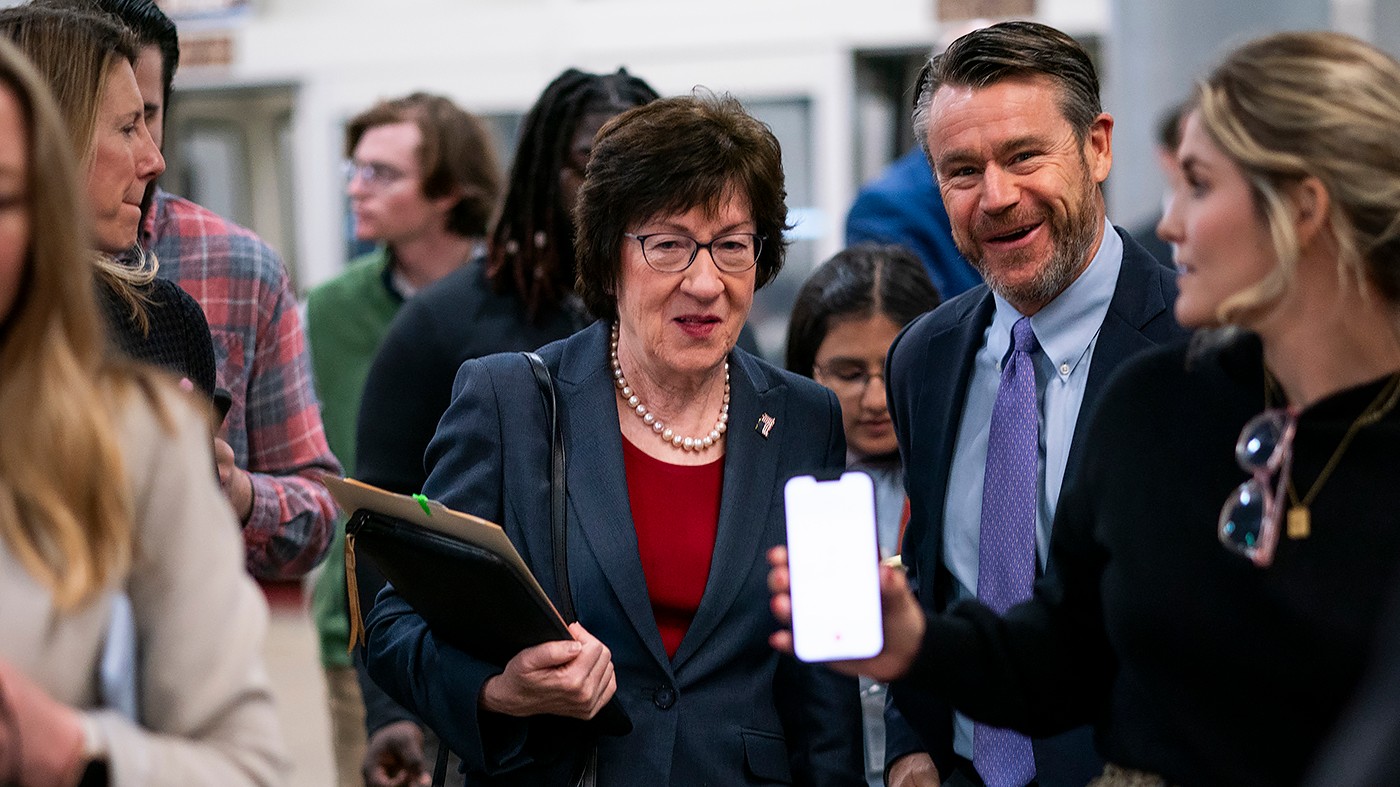
In a landmark vote early Saturday morning, the U.S. Senate passed legislation that will expand Social Security benefits to nearly 3 million Americans, including teachers, police officers, firefighters, and postal workers. The Social Security Fairness Act cleared the Senate with a 76-20 vote and now heads to President Biden's desk for signature.
The bill eliminates two long-standing federal policies - the Windfall Elimination Provision (WEP) and the Government Pension Offset (GPO) - that previously prevented public service workers with pensions from receiving their full Social Security benefits. The WEP affects approximately 2 million beneficiaries, while the GPO impacts nearly 800,000 retirees.
"The Senate finally corrects a 50-year mistake," declared Senate Majority Leader Chuck Schumer following the vote at 12:15 a.m. Saturday.
The legislation received bipartisan support, with 24 Republican senators joining 49 Democrats to advance the measure. However, some Republican lawmakers expressed concerns about the bill's fiscal impact, as the Congressional Budget Office projects it will add $195 billion to federal deficits over the next decade.
Ohio Senator Sherrod Brown emphasized the fundamental nature of Social Security benefits before the vote: "You pay into it for 40 quarters, you earned it, it should be there when you retire. All these workers are asking for is for what they earned."
The bill's passage marks the culmination of decades of effort, with initial Senate hearings on these policies dating back to 2003. Shannon Benton, executive director of the Senior Citizens League, called it "a monumental victory for millions of public service workers who have been denied the full benefits they've rightfully earned."
The legislation, which previously passed the House in November, survived several last-minute challenges, including four amendments and a budgetary point of order that could have derailed its passage given the limited time remaining in the current congressional session.